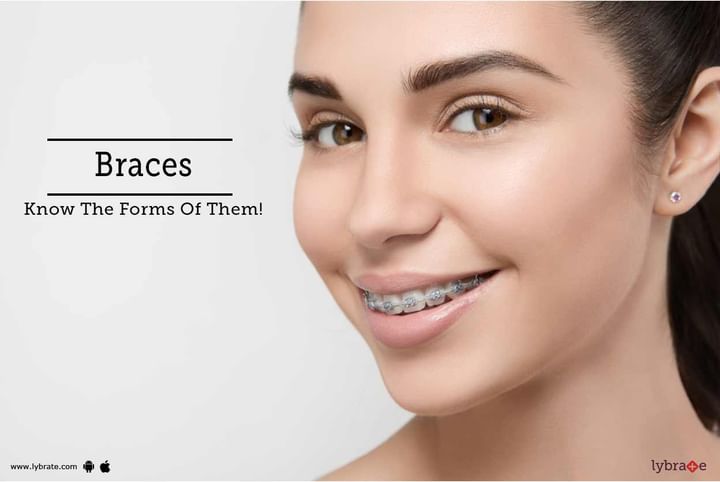Braces - Know The Forms Of Them!
A generation ago, we would not see so many adolescents with braces as we do currently. Orthodontics, the branch of dentistry involved in the use of braces to align and move teeth to form that perfect arch, has seen rapid advancements in the past few decades and continues to grow at a rapid pace.
The fundamental principle is that the teeth is held in place by surrounding elastic tissues, and minor constant forces can be applied to align them better. Small metal brackets are applied on the teeth and a wire is passed through them so that there is a constant force on the teeth. The amount and direction of force is managed by the doctor. The younger the age, the more elastic the tissue is, the easier it is to move teeth.
There are two main things to understand in terms of your options, relation of age with orthodontic treatment and the choices of braces.
Firstly, correlation with age. Over the years, more people in their 20s and early 30s are choosing to have braces. Though the teeth and more importantly the surrounding periodontium become less elastic with age, the amount of force exerted is increased and therefore tooth movement is enabled. Also, in older patients, tooth removal may be required more frequently to make space for proper alignment.
Secondly, the choices of the braces:
- In the earlier days, bands were placed around the teeth and a wire was then connecting all these bands to enable tooth movement. Gradually, this made way to small brackets being placed on the front surface of the teeth, and a wire running through it and elastic bands connecting the bracket and the wire. This is the most effective way of moving teeth, though not esthetic. To make it look different, the ligatures could be colored.
- For people who are constantly in the public eye, the metal braces were a deterrent and so lingual braces became popular. The brackets are applied on the inner surface of the teeth and are not seen easily. The amount of force here varies from the earlier one, and not all conditions can be treated by this method.
- The next development was the development of ceramic braces, which are also applied to the front surface of the teeth and can be used in most cases. These are more expensive than the metallic braces.
- Removable aligners is another option, which are trays which need to be worn for close to 18 hours a day to induce tooth movement. This is esthetic and no metal shows during talking or smiling.
So, if you want to improve your smile, visit your dentist and find out how!



+1.svg)
